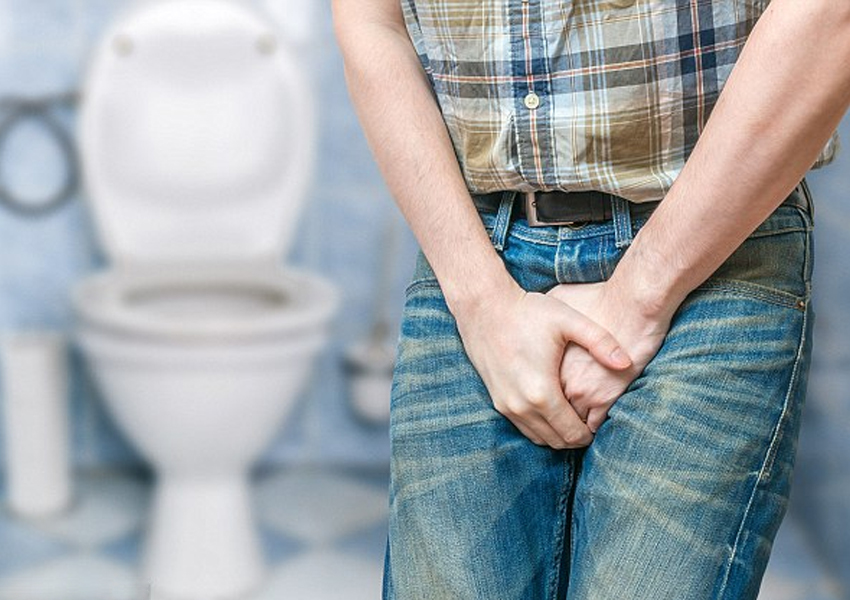As individuals age, they may encounter various urinary problems that can significantly impact their quality of life. From urinary incontinence to urinary tract infections (UTIs), these issues can be distressing and require attention.
In this blog, we aim to shed light on common urinary problems in the elderly, explore treatment options, and offer practical tips for managing these issues at home.
Understanding Common Urinary Problems in the Elderly
Urinary Incontinence: This condition involves involuntary leakage of urine, which can occur due to weakened pelvic floor muscles, neurological disorders, or underlying health conditions. Urinary incontinence is prevalent among the elderly and can manifest as stress incontinence (leakage during physical activity), urge incontinence (sudden, intense urge to urinate), or overflow incontinence (incomplete bladder emptying).
Urinary Tract Infections (UTIs): Elderly individuals are more susceptible to UTIs due to factors such as decreased immune function, urinary retention, and urinary catheterization. UTIs can cause symptoms like frequent urination, burning sensation during urination, pelvic pain, and cloudy or bloody urine.
Benign Prostatic Hyperplasia (BPH): BPH is a common condition in aging males characterized by enlargement of the prostate gland, leading to urinary symptoms such as difficulty urinating, weak urine stream, and frequent urination, particularly at night.
How Do You Treat Urine Problems in the Elderly?
Treatment for urinary problems in the elderly depends on the underlying cause and severity of the condition. Some common treatment approaches include:
Medications: Depending on the diagnosis, healthcare providers may prescribe medications to alleviate symptoms of urinary incontinence, UTIs, or BPH. These medications may include anticholinergics, alpha-blockers, antibiotics, or medications to relax the bladder muscles.
Pelvic Floor Exercises: Pelvic floor muscle training, also known as Kegel exercises, can strengthen the muscles that control bladder function, helping to reduce urinary incontinence symptoms.
Behavioral Therapies: Behavioral interventions such as bladder training, scheduled voiding, and fluid management techniques can help manage urinary incontinence by improving bladder control and reducing urgency.
Surgical Interventions: In cases of severe urinary problems, surgical procedures may be necessary. For example, transurethral resection of the prostate (TURP) may be performed to relieve symptoms of BPH, while sling procedures or artificial urinary sphincter implantation may be considered for urinary incontinence.
How Can I Solve My Urine Problem at Home?
While medical intervention may be necessary for certain urinary problems, there are several strategies individuals can implement at home to manage their symptoms effectively:
Maintain Good Hygiene: Practicing good genital hygiene can help prevent UTIs and reduce the risk of urinary tract infections.
Stay Hydrated: Drinking an adequate amount of water helps dilute urine and flush out bacteria from the urinary tract, reducing the risk of UTIs.
Healthy Diet: Consuming a balanced diet rich in fiber can prevent constipation, which can exacerbate urinary incontinence symptoms.
Bladder Training: Gradually increasing the time between bathroom visits and scheduling voiding at regular intervals can help train the bladder to hold urine for longer periods, reducing urinary urgency and frequency.
Pelvic Floor Exercises: Performing Kegel exercises regularly can strengthen pelvic floor muscles, improving bladder control and reducing urinary incontinence episodes.
How Can I Control My Urine Problem?
Controlling urinary problems requires a multifaceted approach that may include lifestyle modifications, behavioral strategies, and medical interventions. Here are some additional tips for managing urinary issues:
Monitor Fluid Intake: Limiting caffeine and alcohol intake, especially in the evening, can help reduce urinary urgency and frequency.
Maintain a Healthy Weight: Excess weight can put pressure on the bladder and exacerbate urinary incontinence symptoms. Losing weight through diet and exercise may help improve bladder control.
Manage Chronic Conditions: Proper management of underlying health conditions such as diabetes, hypertension, and neurological disorders can help prevent complications that contribute to urinary problems.
Seek Professional Help: If urinary symptoms persist or worsen despite home remedies, it’s essential to consult a healthcare provider for proper evaluation and treatment recommendations.
Seeking Care from the Best Hospital in Bangalore for Urology
For elderly individuals experiencing urinary problems in Bangalore, seeking specialized care from the best hospital for urology in Bangalore is crucial. Urology hospitals in Bangalore offer comprehensive diagnostic services, state-of-the-art treatment modalities, and experienced urologists who specialize in managing urinary disorders in the elderly.
By consulting the best hospital in Bangalore for urology, elderly individuals can receive personalized treatment plans tailored to their specific needs, promoting optimal urinary health and overall well-being.
Conclusion
In conclusion, urinary problems are common among the elderly and can significantly impact their daily lives. Understanding the underlying causes and implementing appropriate management strategies, including medical interventions and lifestyle modifications, can help improve urinary symptoms and enhance quality of life for elderly individuals.
For those seeking specialized care for urinary issues in Bangalore, consulting the best hospital for urology is essential. With comprehensive services and experienced urologists, urology hospitals in Bangalore are equipped to address a wide range of urinary disorders and provide personalized treatment options for elderly patients.

